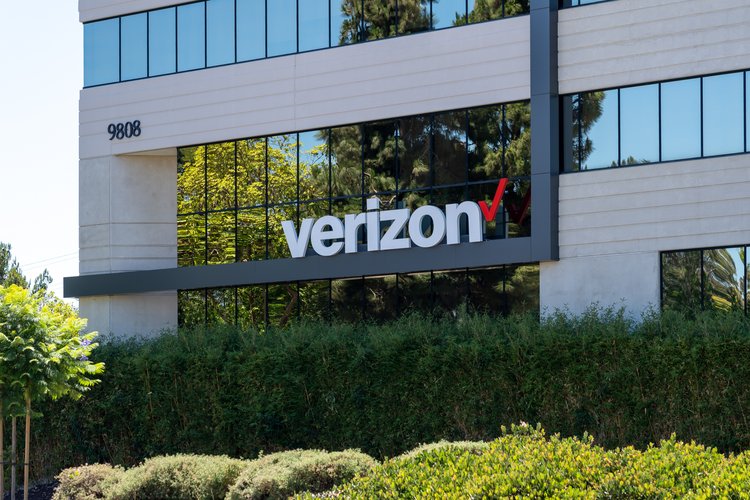UPDATE: A new poll from the University of Michigan National Poll on Healthy Aging reveals startling gaps in knowledge among older adults regarding critical care options—palliative care and hospice care. Just 36% of adults aged 50 and over reported any familiarity with palliative care, while 68% were aware of hospice options. This urgent finding highlights a pressing need for improved education about these vital healthcare services.
The poll, conducted recently, demonstrated that while awareness of hospice care is higher, significant portions of the population remain uninformed. A notable 32% of respondents indicated they know very little about hospice care, which emphasizes comfort and dignity for patients nearing the end of life.
After receiving definitions of both care types, interest surged: 84% of older adults expressed a desire for palliative care if faced with serious illness, and 85% indicated interest in hospice care for end-of-life situations. This surge signals a critical opportunity for healthcare providers to bridge the knowledge gap.
Demographic disparities were also highlighted in the results. Awareness of palliative care was markedly higher among White (40%) and Asian-American (36%) respondents compared to just 21% of Black and 22% of Hispanic respondents. Similarly, hospice knowledge differed significantly, with only 52% of Black adults and 53% of Asian Americans reporting awareness, in contrast to 72% of White adults and 68% of Hispanic adults.
These findings underline the urgent need for targeted outreach. “We clearly have our work cut out for us to increase understanding of both these types of care, but especially palliative care,” stated Adam Marks, M.D., M.P.H., a physician specializing in palliative care. He emphasized that palliative care is often misinterpreted as a sign of giving up on treatment.
Dr. Jeffrey Kullgren, M.D., M.P.H., M.S., the poll director, pointed out that healthcare providers should gauge patients’ existing knowledge before recommending palliative or hospice care. This approach could enhance discussions and help patients feel more comfortable considering these options.
In Michigan specifically, awareness levels matched national figures, with 33% of older residents aware of palliative care. However, a significant 67% reported little or no knowledge. When informed about palliative care, 79% of Michiganders expressed interest in receiving such care if they became seriously ill, closely mirroring the national average.
The importance of palliative care cannot be understated. It focuses on relieving symptoms of serious illnesses and can be provided alongside curative treatments. Conversely, hospice care is exclusively for patients in the final stages of life, ensuring comfort and dignity through comprehensive support.
As the healthcare landscape evolves, it is crucial for older adults to be informed about these options. Both palliative and hospice care can significantly improve quality of life during challenging times. For more information on nearby providers and resources, individuals can contact their local Area Agency on Aging.
This urgent call to action underscores the necessity for healthcare professionals and policymakers to enhance awareness and understanding of palliative and hospice care among older adults. With significant interest shown by those previously unaware, now is the time to act.






